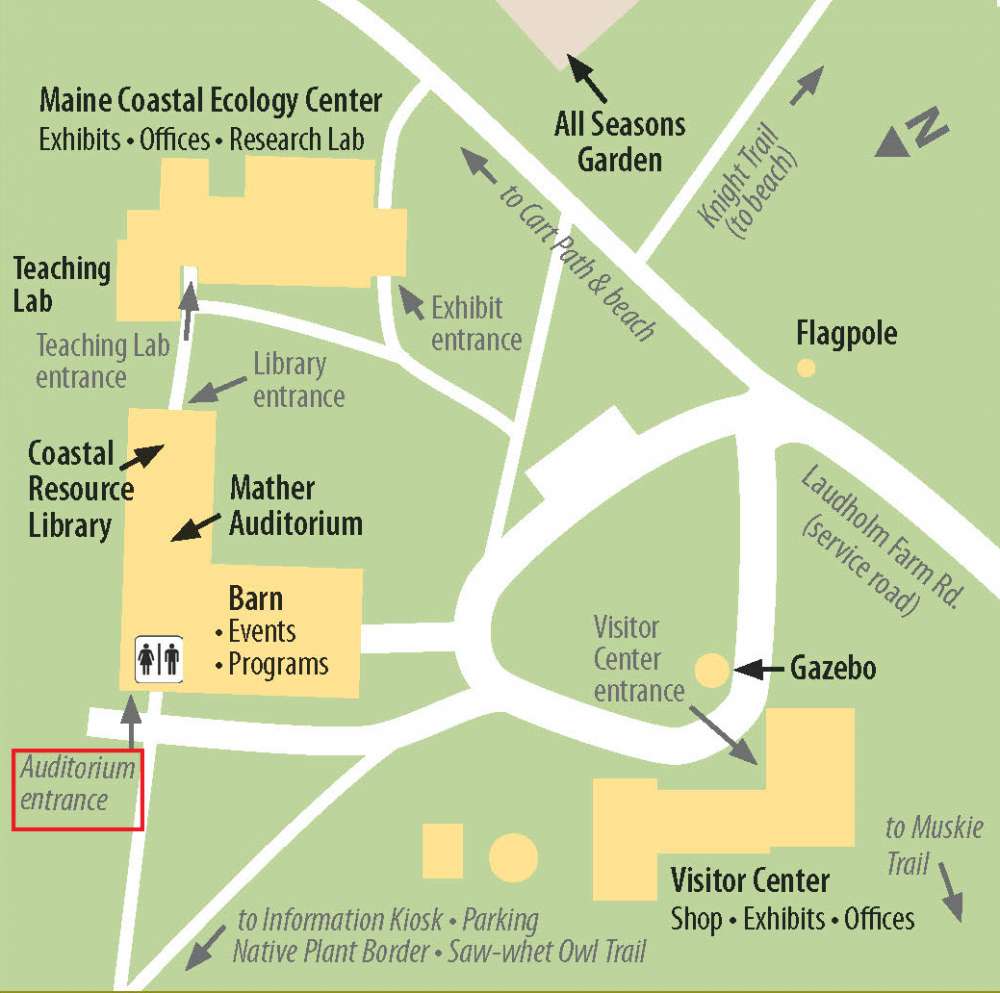Climate Stewards: Ecosystem Forecasting in a Changing Climate
Predicting effects of climate change by forecasting ecosystems, with Dr. Nick Record from Bigelow Lab.
Pricing
- Suggested Donation: $5
Location
Mather Auditorium


Imagine forecasting ecosystems in the way that we forecast weather. Such forecasts could have a wide range of applications—predicting red tides, jellyfish outbreaks, deer tick hazards, invasive and protected species, and more. While there is still some work to do before these forecasts are on par with weather forecasts, there is already the potential to provide useful forecasts.
Early numerical weather forecasts could not compete with traditional subjective forecasts. Computational power, theory, and data collection improved, leading to a revolution in weather forecasting. Many lessons from the past 50 years of weather prediction can be carried over to the development of systems designed for ecological forecasting.
Forecasting ecosystems has additional challenges, however, and new tools have come into play, such as machine learning. While ecosystem forecasting is still in its early stages, we will likely see more and more ecosystem forecasts coming online, and they have the potential to change how people interact with the natural world around them.
Support for the Ted Exford Climate Stewards lecture series is provided by Dave & Loretta (Exford) Hoglund.
Nick Record, Senior Research Scientist at Bigelow Laboratory for Ocean Sciences, is a computational ocean ecologist. His work uses computational ocean models and mathematical ecology to understand and predict ocean biogeography, biogeochemistry, and climate. Models typically combine ocean physics with biological and ecological processes, but he also uses machine learning and artificial intelligence. He has worked on short-range forecasting, such as predicting the migration patterns of whales, as well as long-range forecasting, such as investigating the way ecosystems will respond to climate change.
